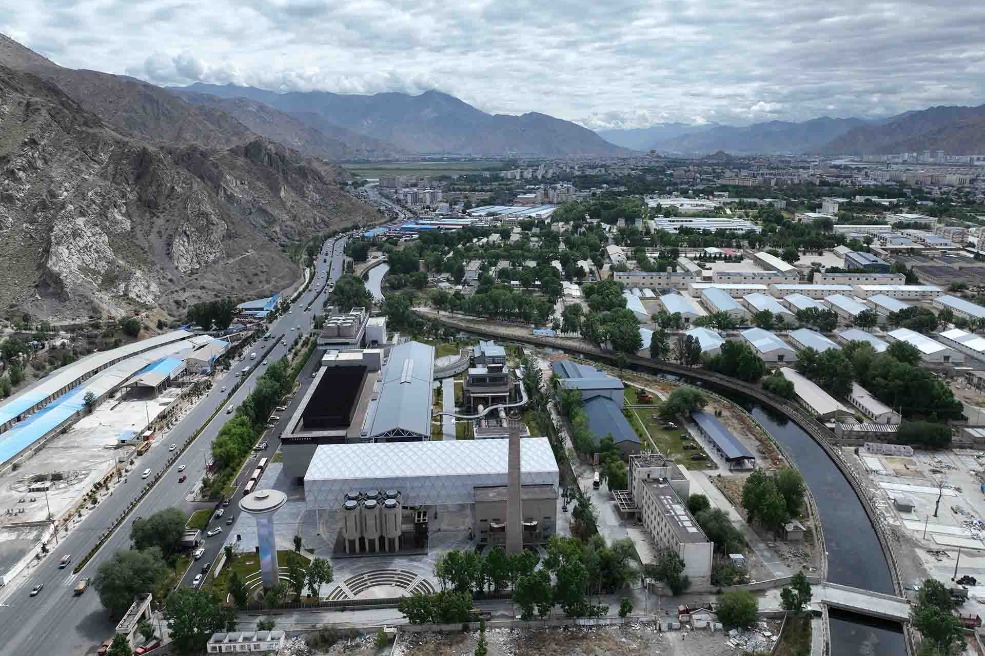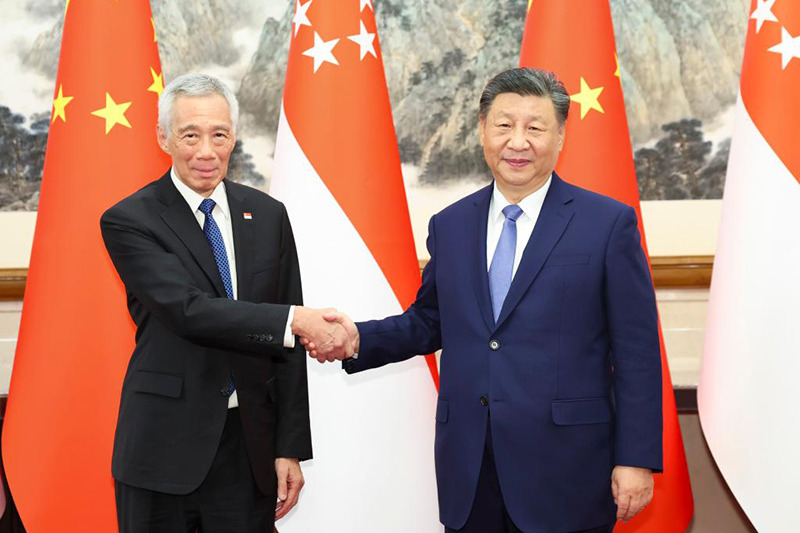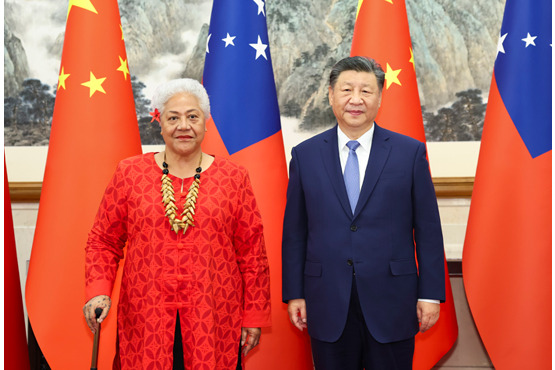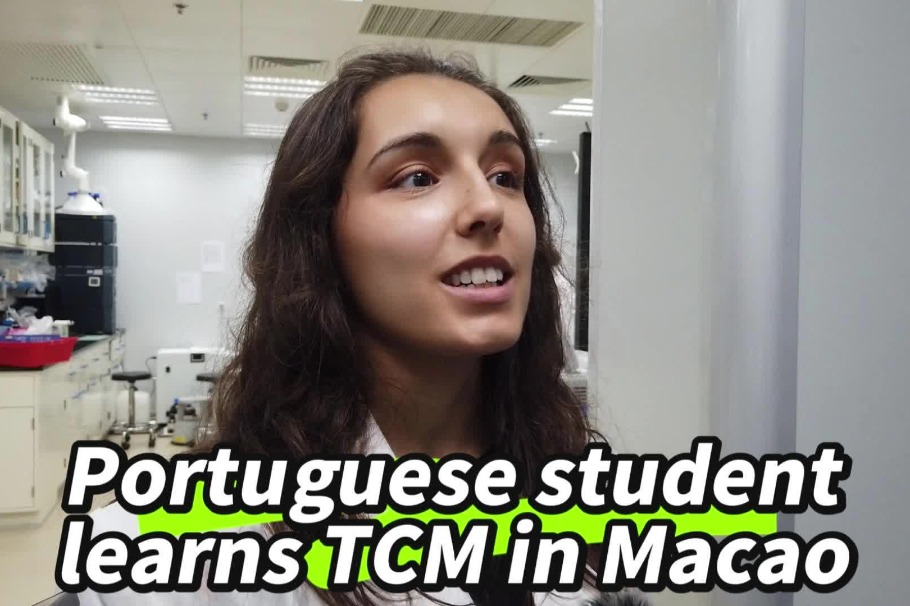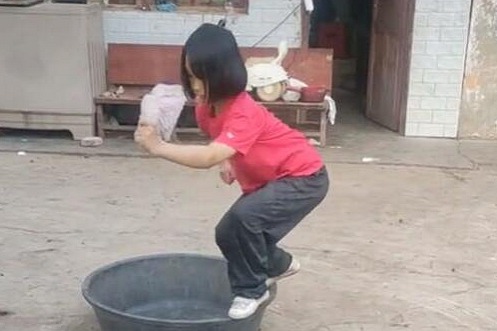East China Normal University spotlights Shanghai's textile legacy

The East China Normal University held the opening ceremony of a cultural celebration on Tuesday highlighting the innovative spirit of Huang Daopo, a textile pioneer in the Yuan Dynasty (1271-1368), and Shanghai's cotton textile culture.
The opening featured fashion shows by students modeling handmade cotton garments, showcasing the fusion of textile artistry with modern fashion. Inheritors such as Lin Xiumei demonstrated cotton spinning techniques, operating the three-spindle spinning wheel as audiences observed this traditional craft up close.?
Beyond the live performances, interactive exhibits provided hands-on opportunities to try drop spindle spinning, weaving decorative bands, tie-dyeing cotton fabrics and more, appreciating the allure of this ancient handicraft.?
"Our museum houses nearly a thousand artifacts showcasing the diverse folk traditions of China, South Korea, Vietnam and beyond," said Xiong Qiong, Party secretary of ECNU's School of Social Development. "Yet our focus on preserving intangible cultural heritage plays a vital role in upholding the essence of our nation's identity across generations."
Through Huang's story, people can feel the power of innovation, experience cultural charm, and be inspired to pursue a better life, Xiong added.
"The exhibition's theme is Huang's innovative machine weaving technology," said curator Professor Tian Zhaoyuan. "Huang's revolutionary weaving technology transformed not just clothing, but helped propel Shanghai's rise as an economic powerhouse."
Tian said the exhibition is divided into four sections: the historical cotton trade route network, Huang's life journey, how machine weaving brought a better life by "clothing the world", and preserving Huang's heritage.
Tian highlighted the university museum's unique mission for academic-industrial integration and talent cultivation. "Our students have become key promoters for this intangible heritage, and our cotton textile exhibits embody disciplinary pursuit by uniting academic research, industrial development and cultural inheritance. We also aim to promote Shanghai's excellent traditional culture as an impetus for urban and campus cultural life."

















